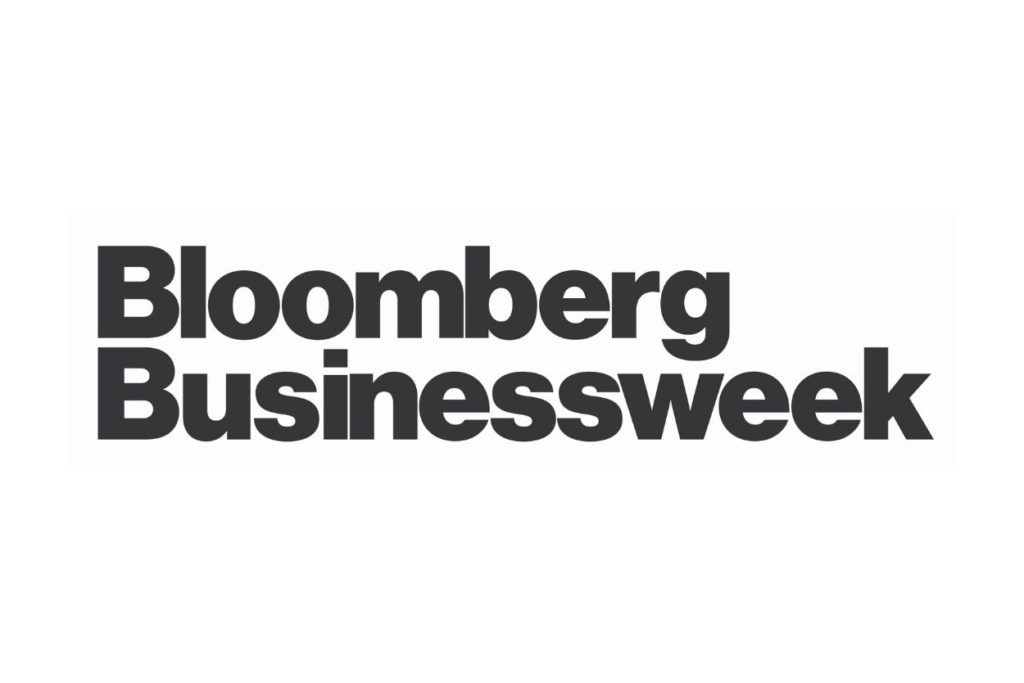By Larissa Zimberoff
With RTS’s charts and graphs, “we know how many pickups we have, if we need to increase them, and if we’re tight on compactor space.
That stuff is really advanced, and it makes it easier to do our jobs.”– Rohan Bhasin
Director of Operations
Barclays Center
On the field, the Mets are trash, struggling to clamber out of fourth place in their division for the third straight year. Off the field, the New York baseball team is making a serious effort to clean up its act, albeit more literally than fans might hope. Citi Field is gradually replacing its food and beverage packaging with compost-friendly versions, putting a wider range of sorted waste bins in the park, and promising to ship close to zero refuse to landfills by 2020. “It’s been a heavy topic going on five, six years,” says Michael Dohnert, the Mets’ senior director of ballpark operations, because waste disposal is a big part of the park’s environmental impact. “There isn’t much of an infrastructure. We knew what we wanted, but the first few years we couldn’t get there.”
The company helping the Mets fill the infrastructure gaps is Recycle Track Systems, a software maker that employs data analysis to cut costs for its corporate clients while helping them get greener. “It’s technology meets recycling and food waste,” says Chief Executive Officer Greg Lettieri. Unlike other companies with a similar sales pitch, RTS doesn’t own any trucks or recycling plants. It focuses on improving its software, given without charge to RTS’s trucking partners, to make trash disposal as efficient as possible. “So far they’ve held up their end of the bargain,” says Dohnert. The company’s 1,400-plus clients also include Bank of America, Google, WeWork, Whole Foods, SoulCycle, and the Statue of Liberty.

